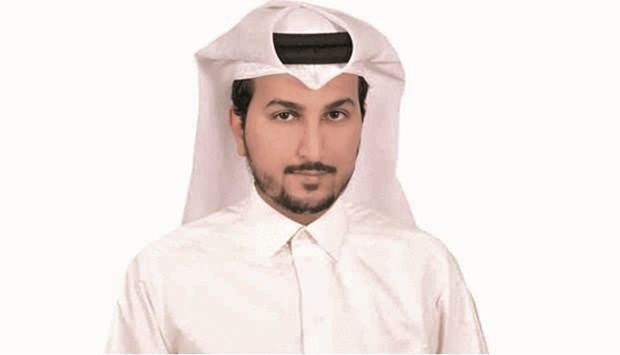Sustainability has recently been a high-profile and important topic of discussion, with most businesses and governments asking the question: how can we reduce the impact that our operations are having on the planet? Increasingly, the answer lies in next-generation technologies, with the Internet of Things (IoT) at the forefront of driving this change.
What is IoT?
In short, the IoT is the network of connected objects that can collect and exchange data through sensors. This data is communicated in real-time to other devices or systems, over the Internet, creating self-regulating systems or giving us the tools required to control these vast networks of devices.
Everyday items such as thermostats, lighting, electricity and water supply, cars and many more can now be connected to the IoT. As a result, the number of connected devices is still rising exponentially: in 2020 there were 8.74bn of them, according to Statista, whereas Cisco is predicting there to be 500bn devices connected to the IoT by 2030. One of the most significant benefits of using the IoT is that, through data analysis, it can help improve the environmental footprint of an organisation, city, event or project.
Data-powered smart cities
Smart energy monitoring is one of the most effective ways that IoT can positively impact a city. By managing the production and consumption of energy, cities can become greener and more efficient, for instance by dialling down output during periods of low demand. The IoT can also monitor other vital metrics such as air pollution levels, water management, waste management and other environmental aspects.
Qatar has already successfully implemented IoT networks across many sectors including education, retail and transportation, which have all proven to help sustainability-based efforts. A prime example of this is its smart city project in Msheireb Downtown, where urban operations — from traffic control to the utilities, and even residential buildings — are run on IoT systems such as Vodafone’s.
National initiatives
Smart cities like this, thanks in large part to IoT, will take Qatar’s sustainability to the next level by reducing the excess usage of resources over the long-term. They will also help to identify further changes that can be implemented in the future and in partnership with the local community, for the benefit of everyone. On a larger scale, they can support the national drive to reduce emissions, in line with the Qatar National Vision (QNV) 2030.
The implementation of IoT projects can also impact businesses in many positive ways, for instance by improving logistics and optimising sourcing and production processes. This not only changes how the individual business functions by increasing quality and productivity, but also feeds into wider initiatives across Qatar, such as waste reduction. A notable example of IoT being used on a national scale can be seen from Qatar General Electricity & Water Corporation (Kahramaa), which has installed over 600,000 smart meters throughout the country as part of an effort to digitise the Qatari utilities industry.
In partnership with Vodafone Qatar and powered by its Managed IoT Connectivity Platform, these devices will equip users with the real-time data they need to manage their energy consumption for maximum efficiency and sustainability.
IoT in Qatar’s sustainable future
Vodafone is on the frontline of driving awareness of the importance of increased sustainability in Qatar, and is firmly committed to supporting sustainability causes with its range of solutions, green partnerships and initiatives being ample proof of this.
We aim to continue to use connectivity to create a better future by nurturing an inclusive and sustainable digital society across the business sector. Vodafone believes in the role IoT will play in Qatar’s sustainable future and that together, we can drive significant change to embrace the opportunities that technologies present to help us reduce our environmental impact.
To find out more about the IoT and Vodafone’s smart solutions, visit: https://www.vodafone.qa/en/business/services/iot/internet-of-things
• The writer is Enterprise Business Unit Director, Vodafone Qatar

Mahday Saad al-Hebabi, Enterprise Business Unit Director, Vodafone Qatar
